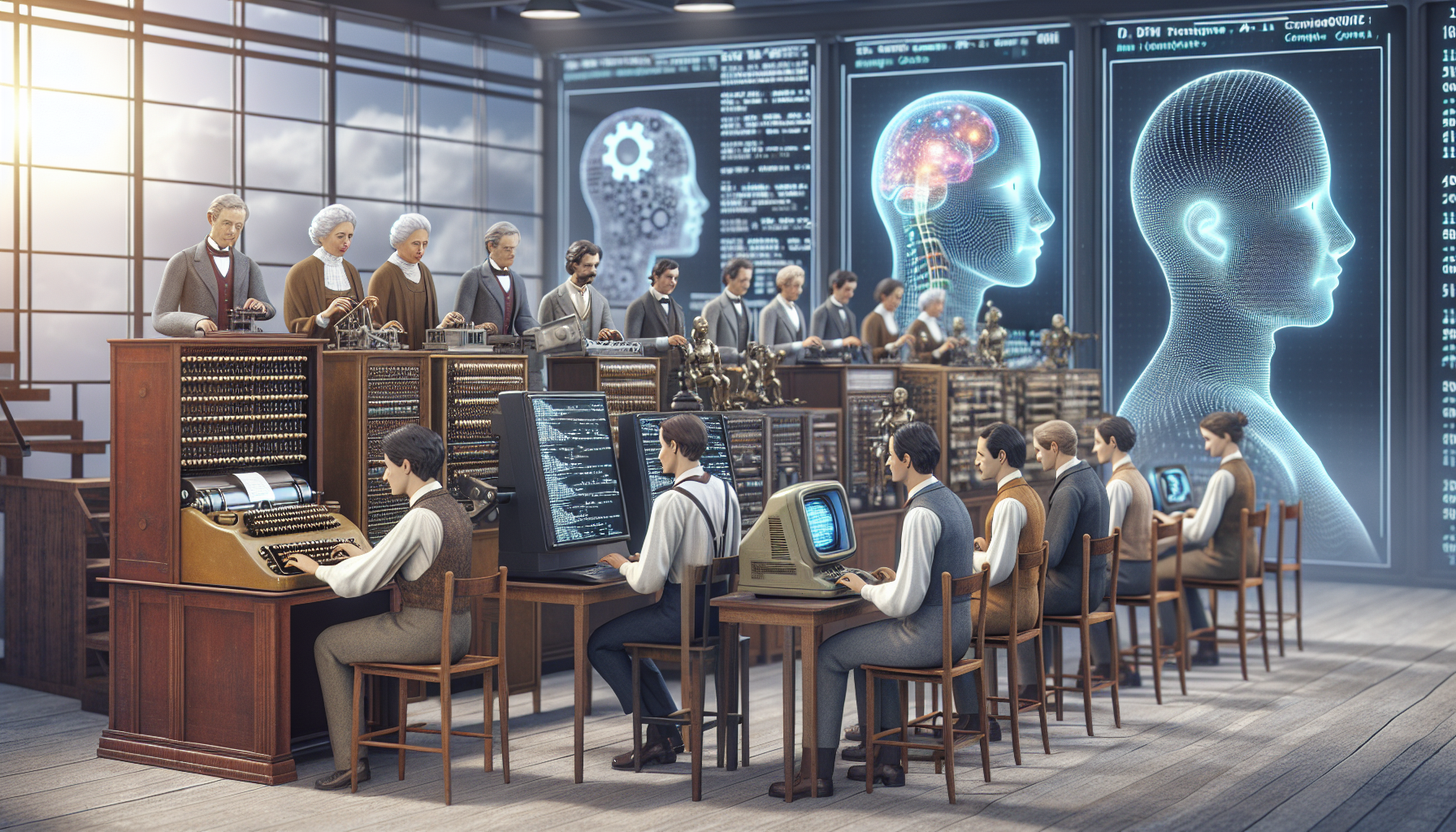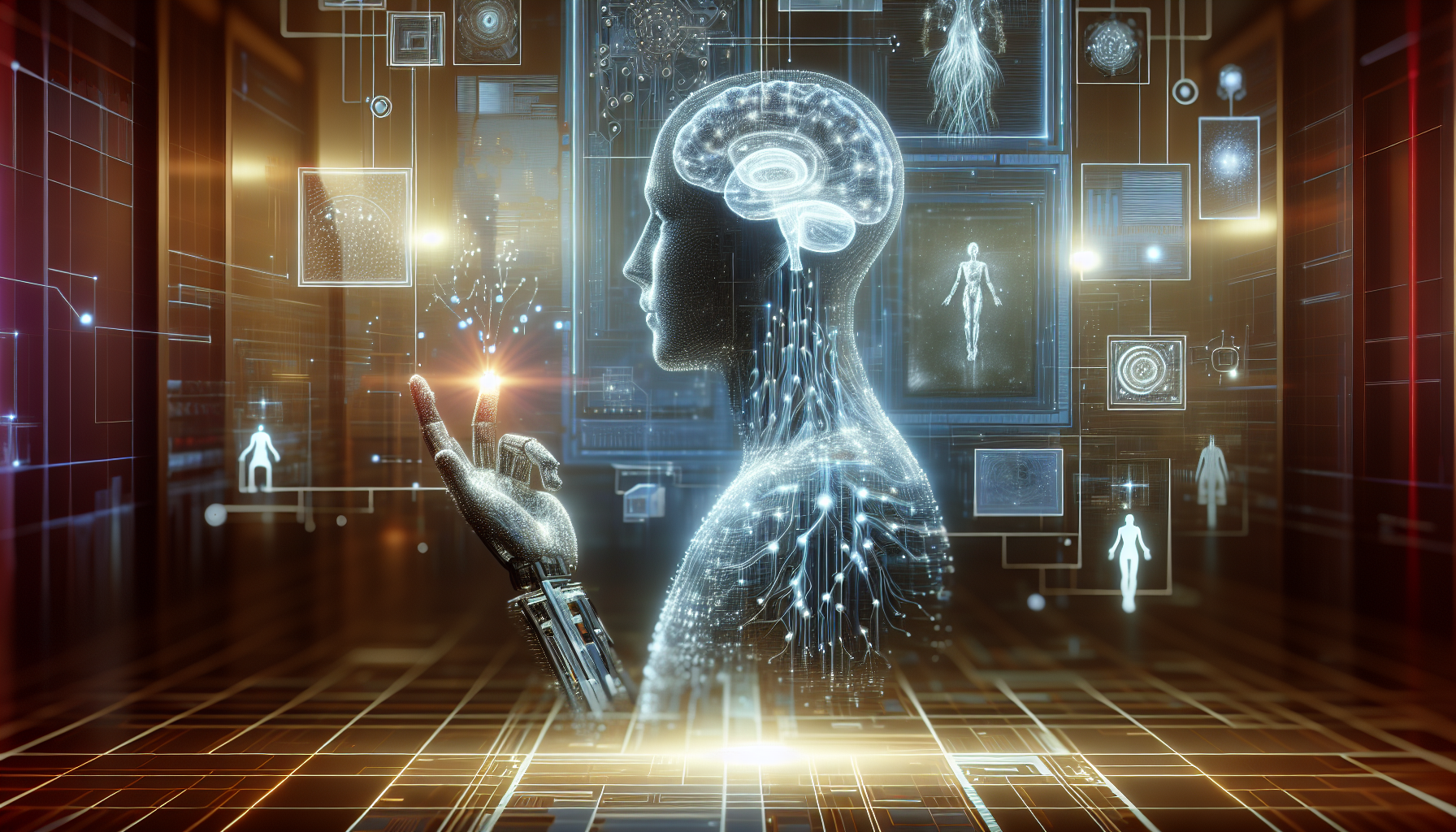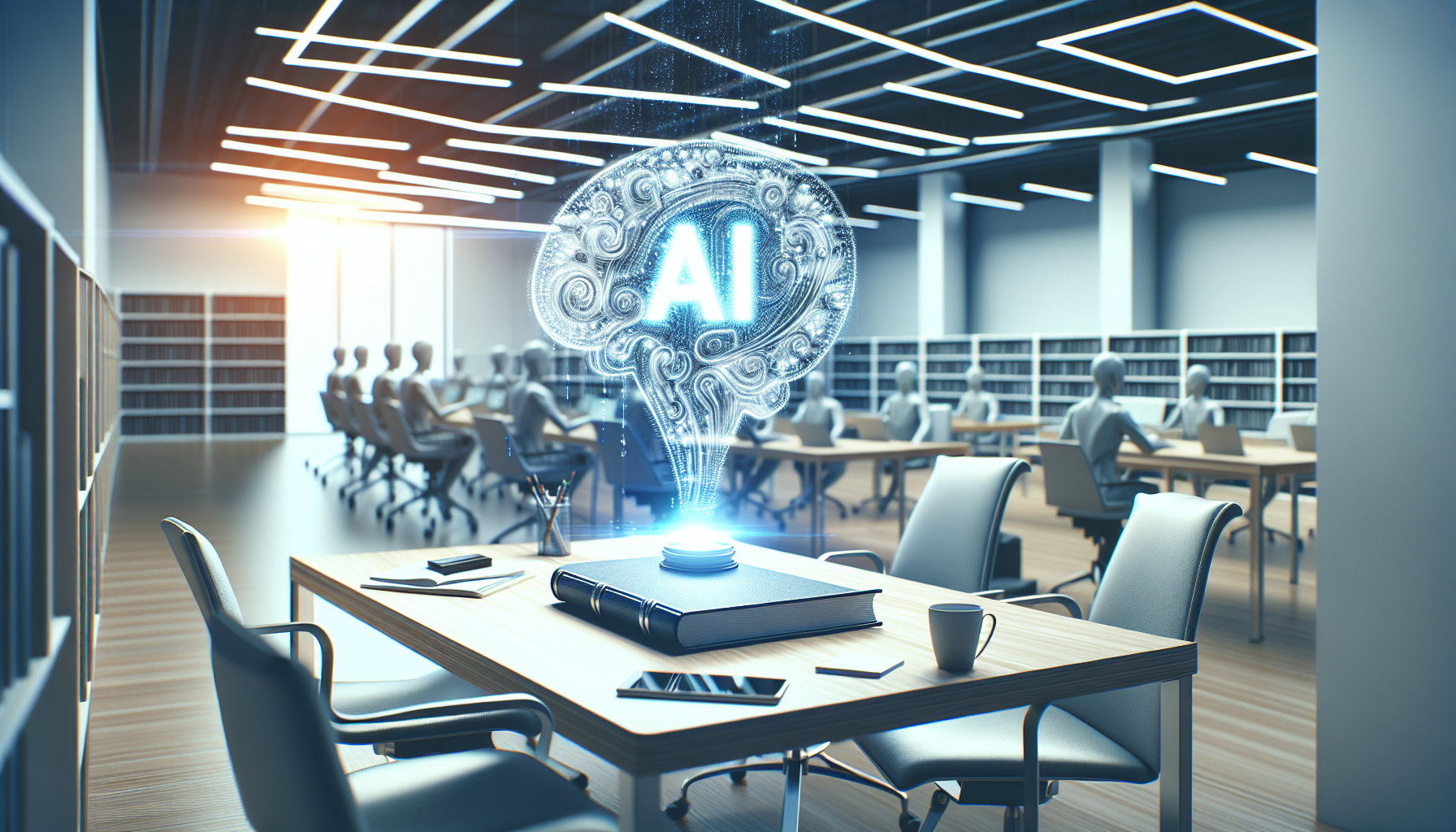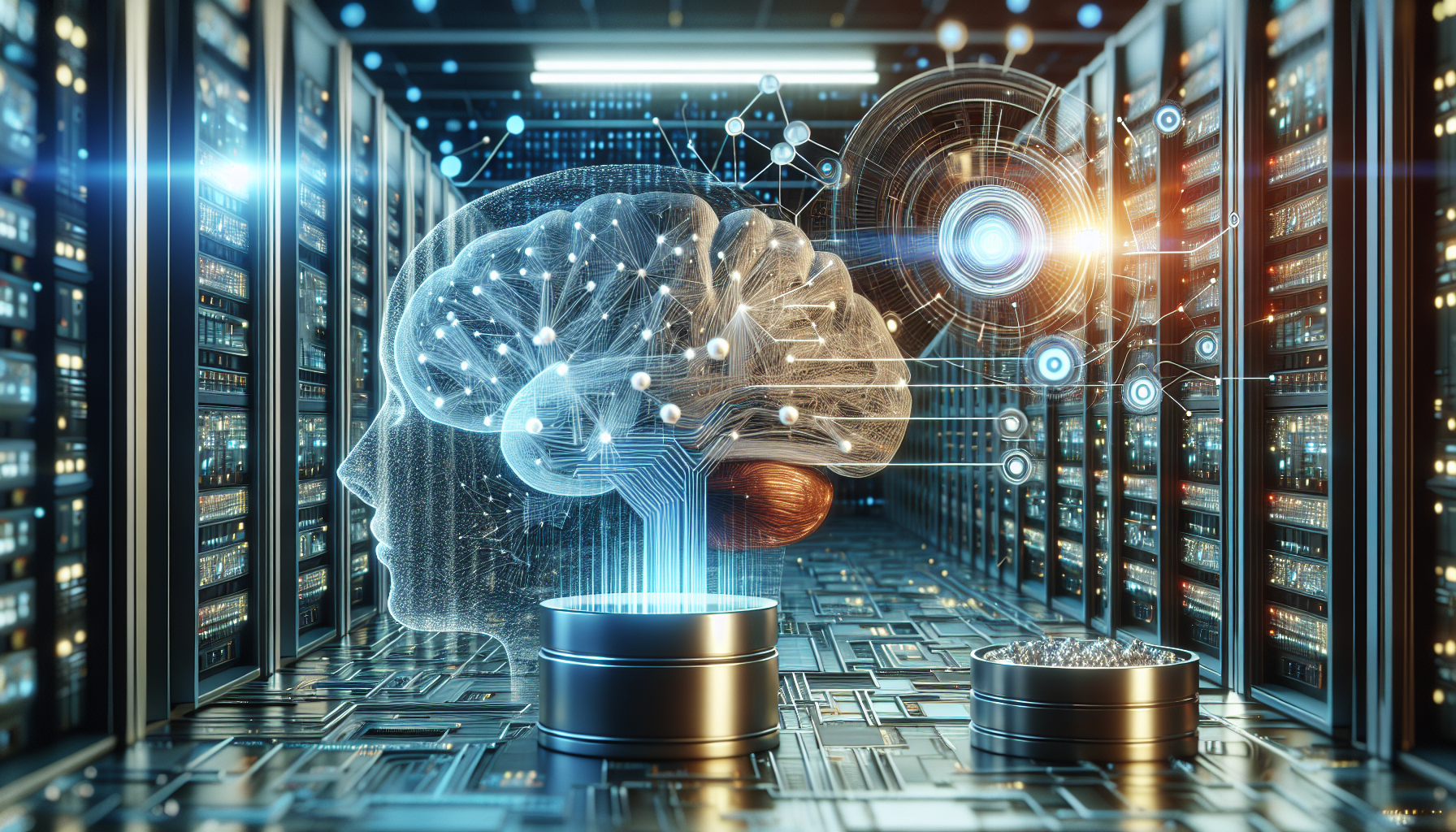
AI and Blockchain: A Historical Perspective on Revolutionizing Digital Transactions
September 26, 2025
In the realm of digital finance, the convergence of artificial intelligence (AI) and blockchain technology is heralding a transformative era for digital transactions. While each innovation has independently revolutionized its respective domain, their intersection promises a new frontier characterized by enhanced security, efficiency, and transparency. To appreciate the significance of this integration, it is essential to examine their historical trajectories and understand how their union is reshaping the financial landscape.
Blockchain technology emerged as a revolutionary system for maintaining secure and decentralized records. Its inception was rooted in the desire to create a tamper-proof ledger that could facilitate transparent transactions without the need for intermediaries. Early adopters recognized its potential to disrupt traditional financial systems, but it was the introduction of cryptocurrencies that brought blockchain into the mainstream consciousness. By providing an immutable record of transactions, blockchain laid the groundwork for a new era of trustworthiness in financial dealings.
Meanwhile, artificial intelligence has been carving out its own path, revolutionizing industries with its ability to process vast amounts of data and learn from it. Initially used for tasks such as data analysis and pattern recognition, AI quickly proved its worth in more complex applications. From predictive analytics to natural language processing, AI's adaptive capabilities have transformed industries, allowing for more informed decision-making and automation of intricate processes.
The convergence of AI and blockchain is a natural evolution, marrying the strengths of each to address the limitations of the other. Blockchain's decentralized nature ensures data integrity and transparency, while AI's analytical prowess offers insights and efficiencies that were previously unattainable. Together, they promise to redefine digital transactions by enhancing security and optimizing processes.
A lesser-known but critical aspect of this integration is the role of smart contracts—self-executing contracts with the terms of the agreement directly written into code. Smart contracts leverage blockchain's immutable nature to ensure that all parties fulfill their obligations, significantly reducing the risk of fraud. When coupled with AI, these contracts can be optimized to execute based on real-time data and predictive analytics, enabling more dynamic and responsive financial interactions.
Moreover, AI's ability to detect patterns and anomalies plays a crucial role in fraud prevention. By analyzing transaction data stored on the blockchain, AI can identify suspicious activities with remarkable accuracy, offering an additional layer of security. This capability is particularly valuable in sectors such as finance and supply chain management, where fraudulent activities can have catastrophic consequences.
The integration of AI and blockchain also holds promise for enhancing privacy, a persistent challenge in the digital age. With privacy-focused AI models, it is possible to analyze data without exposing sensitive information, maintaining confidentiality while still extracting valuable insights. This balance is vital in sectors where data sensitivity is paramount, such as healthcare and finance.
Despite these advancements, the integration of AI and blockchain is not without its challenges. The complexity of merging these technologies requires a nuanced understanding of both, as well as the development of new protocols to ensure interoperability. Additionally, there are ethical considerations regarding data usage and the potential for AI-driven biases in decision-making.
As AI and blockchain continue to evolve, their convergence is expected to unlock new possibilities for digital transactions. This transformation is not merely a technological shift but a paradigm change that could redefine how trust and value are perceived in digital ecosystems. The historical trajectory of each technology suggests that their combined impact will be profound, influencing not just financial systems but a myriad of industries reliant on secure and efficient data transactions.
In contemplating the future of AI and blockchain, one must consider the broader implications of their integration. How will this union shape global economic structures, and what new ethical frameworks will emerge to govern its use? As we stand on the precipice of this technological revolution, the potential for AI and blockchain to reshape society invites both anticipation and reflection, challenging us to envision a future where digital transactions are not only more efficient but also more equitable and inclusive.


